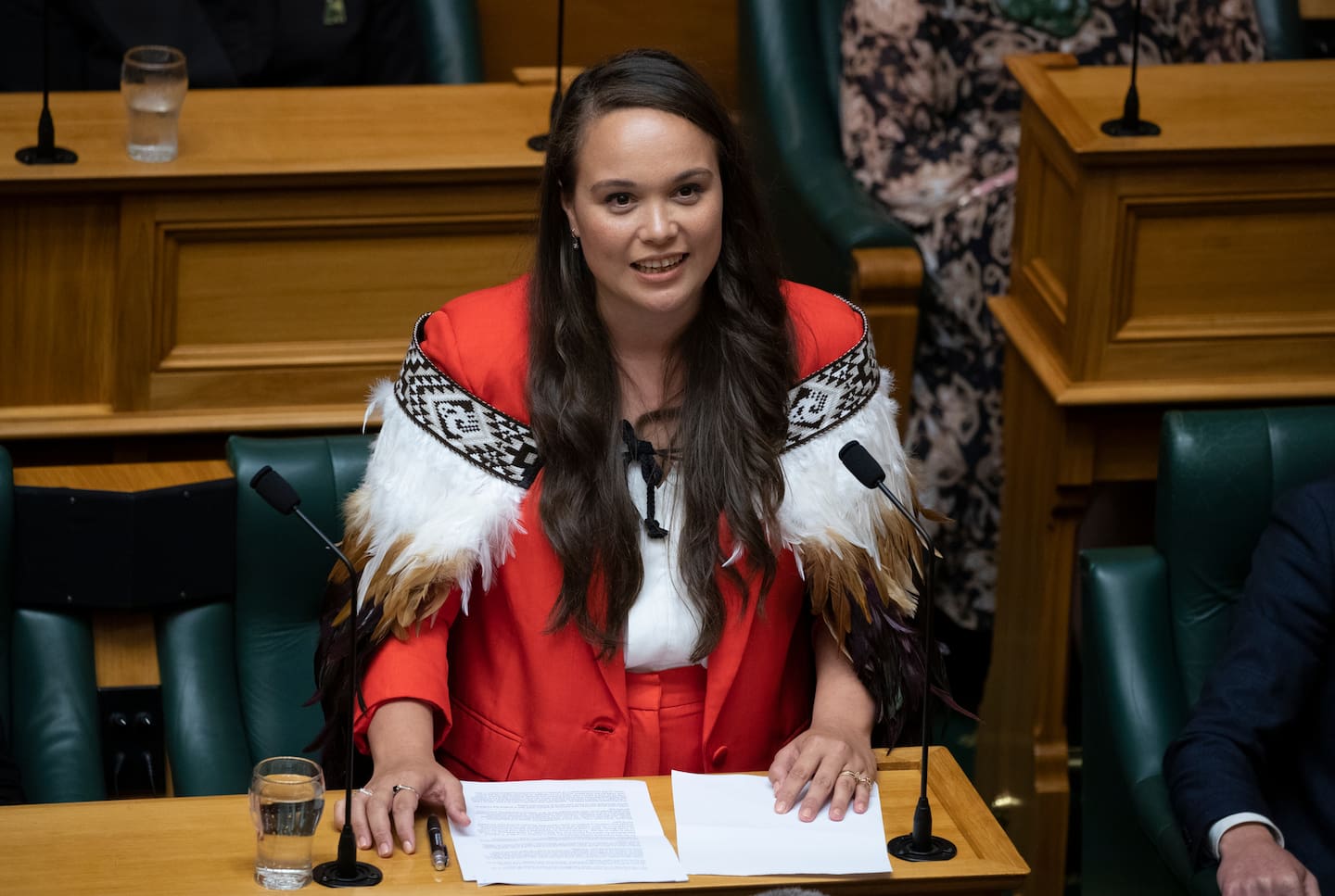
The Labour Party is crying foul over plans for a truncated select committee process for controversial legislation that will make it harder for Māori groups to gain customary title over foreshore and seabed areas.
The legislation passed its first reading on Wednesday.
Usually, the bill would then go into six months of Parliamentary select committee debate but Treaty of Waitangi Negotiations Minister Paul Goldsmith said he wanted a shorter timeframe because affected litigants needed certainty sooner.
He said he wanted the report back from the committee by December 5.
“All parties for applicants for CMT that are currently in progress have been faced with uncertainty for almost a year since the Court of Appeal’s decision. We can’t afford to wait any longer.”
But Labour MP Arena Williams said the timeframe Goldsmith wanted would not be enough time to hear from everyone who would want to have a say on the law, and asked the process run until June 5 next year.
She said during a similar law change in 2011 thousands of people made submissions. There was not enough time to hear from everybody and the committee had prioritised experts, she said.
“This will happen again. (...) There are 200 proceedings on foot that are being extinguished by this bill, 200 proceedings that have multiple applicants.

Labour MP for Manurewa Arena Williams during her maiden speech in Parliament, Wellington. 26 November, 2020. Photo / Mark Mitchell
“There are a number of people here whose personal rights are be extinguished and if the select committee does not give time to those submitters who come in good faith to parliamentarians around the country and say ‘It’s not just remote for me, this is my family land that I am having my rights taken away from...’
“If the committee is to deny their ability to make a submission in favour of legal experts, in favour of the people they need to hear from most, then that would be a sad day for our parliamentary process which is meant to hear from the people these laws affect.”
Goldsmith announced on July 25 that the Government would overturn the Court of Appeal decision from last year that effectively reduced the threshold for obtaining CMT.
The announcement was met by strong opposition, including iwi. The move is not unexpected as it was part of the National-New Zealand First coalition agreement, but it is still likely to lead to heated protests from parts of Māoridom that already consider the Government to be anti-Māori – a charge the Government rejects.
The Court of Appeal criticised one of the conditions for CMT – exclusively used and occupation without substantial interruption since 1840 – and effectively said it could not see how Parliament had intended to prescribe such a test for CMT in a way that entrenched and perpetuated breaches of the Treaty of Waitangi.
Goldsmith said during speeches in the House the Court of Appeal had made an “error” and the bill was needed to restore the test Parliament had intended by the previous 2011 act.
“I respect the role of the courts and is one decision-maker under this regime. But for this regime to work as Parliament intended, the balance between the strength of the CMT test and the rights that go along with it need to be maintained.”
Labour’s Māori Crown Relations: Te Arawhiti spokesman Peeni Henare criticised the lack of consultation and engagement with Māori over an issue that would impact them the most and called for a fulsome select committee process so the public could be heard.
“As we progress with this bill in this House, we are going to be challenge it at every single point.”
National MP James Meager, who will chair the Justice select committee that is set to hear submissions on the bill, said it was about reasserting parliamentary sovereignty.
Julia Gabel is a Wellington-based political reporter. She joined the Herald in 2020 and has most recently focused on data journalism.
Take your Radio, Podcasts and Music with you









